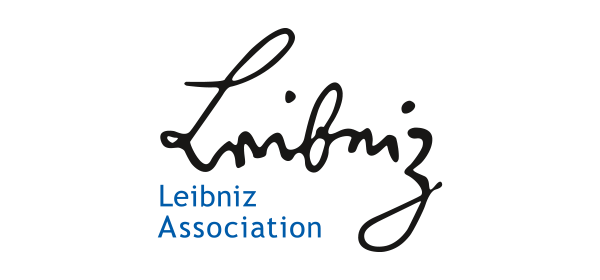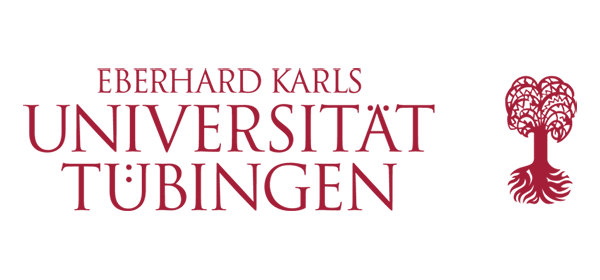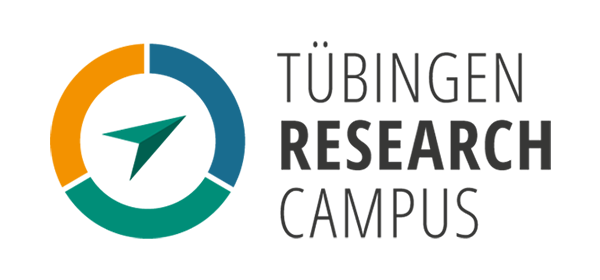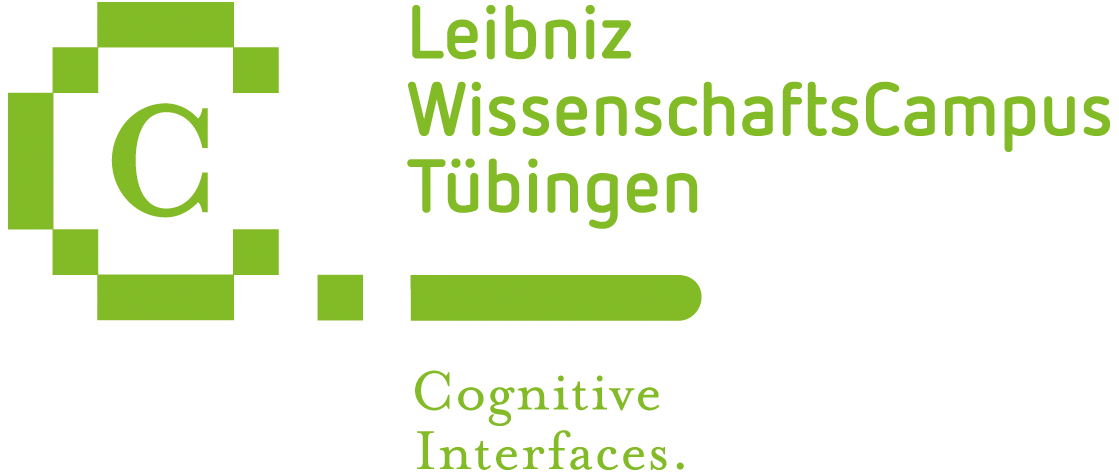In its core task, the investigation of information processes with digital media, the IWM pursues a multi-perspective and multi-disciplinary approach. To this end, it collaborates with national and international experts from the fields of psychology, empirical educational research, media studies, didactics and computer science, as well as with partners in practice.
International Cooperation
The map above provides an overview of the IWM cooperations (zoom further into the map for more detailed information). On this map, only active cooperations are shown, i.e. institutions with whose staff the IWM cooperates in research projects or publications.
Besides numerous contacts in Europe, e.g. Utrecht & Leiden (Netherlands), Galway (Ireland) or Graz (Austria), the IWM also has international cooperation partners e.g. in Yale and Stanford (USA), at the Ben-Gurion University of the Negev (Israel), the University of Queensland in Brisbane (Australia) or the Universidade Federal de Minas Gerais in Belo Horizonte (Brazil).
National Cooperation Structure
Leibniz Association
As a member of the Leibniz Association, the IWM has numerous strong cooperation partners throughout Germany. Research alliances and networks represent a cooperation structure within the Leibniz Association. The IWM cooperates with other partners in the following networks:- Leibniz Education Research Network (LERN)
- Leibniz Research Alliance Value of the Past
- Leibniz Research Alliance Advanced Materials Safety
- Leibniz Strategy Forum on Open Science
- Leibniz Citizen Science Working Group
Universities cooperating with e-teaching.org
The IWM also cooperates actively in the field of transfer via its service portal e-teaching.org. The portal provides scientifically founded and practice-oriented information on the design of higher education with digital media and has been working closely together with universities since the the project has started in 2003. More than 100 universities and university associations have since then signed a cooperation agreement with the IWM (overview of partner universities on e-teaching.org – in German).
Regional Cooperation
The IWM cooperates in many ways with the University of Tübingen. The appointment of professors who are heads of the labs at the IWM is carried out in cooperation with the University of Tübingen. In addition, the IWM maintains close relations with the Institute of Psychology through joint research projects, cooperation on cluster applications for excellence strategies, participation in the university's academic self-administration and teaching.
Cooperation within the Excellence Initiative / Excellence Strategy
The IWM is involved in the Cluster of Excellence Machine Learning at the University of Tübingen, which has been funded since 2019. It contributes its expertise on the influence of digital media on knowledge and communication processes and thus represents a social science perspective in the predominantly STEM shaped network. For the IWM, the cluster enables closer links with the Department of Computer Science at the University of Tübingen, the Max Planck Institute for Intelligent Systems (MPI) and the Cyber Valley, which is establishing itself in Tübingen.
The IWM is involved in the Excellence Initiative 2012 via the Research Network LEAD – a research and training program on education (Learning, Educational Achievement, and Life Course Development), which represents an important pillar of Tübingen's established position in educational research.
Tübingen School of Education (TÜSE)
The Tübingen School of Education (TüSE) was established in 2016 with funds from the BMBF Quality Initiative Teacher Education (QLB) and has been continuously expanded since then. Its objective is to implement high-quality teacher training at the secondary school level, with particular attention being given to the subject-specific didactic methods and pedagogical requirements, as well as research relevant to these fields. A key focal point of TüSE's work is the topic of digitization, which has been developed and expanded in recent years in close cooperation with the IWM.
Within this frameworkt, the Tübingen Digital Teaching Lab (TüDiLab) (Website only in German) was established in in 2016. It simulates a classroom equipped with digital media and data collection instruments. TüDiLab is designed to train prospective teachers in media-didactic skills and to generate new research findings on the effects of media-based training.
Since 2020, TüDiLab has been complemented by TüDiLB, the Center for Research and Transfer: Digitization in Teacher Education Tübingen (Website only in German). TüDiLB is funded by the BMBF's Quality Initiative Teacher Education and the Ministry of Science, Research and the Arts Baden-Würrtemberg and, like TüDiLab, is jointly operated by the University of Tübingen and the IWM. The center aims to synthesize scientific findings on teaching and learning with digital media through reviews and meta-analyses and to make the results available for educational practitioners. In addition, it intends to develop and implement a comprehensive curriculum for university-based teacher training in media pedagogy and media didactics. Moreover, TüDiLB designs courses that provide advanced training in media didactics for teaching staff in close cooperation with key actors involved in the third phase of teacher training.
Human-Agent Interaction Network
The Human-Agent Interaction Network (MAI Network) explores human interaction with artificial intelligence processing natural language. It consists of eight interdisciplinary projects carried out in collaboration with researchers from the universities of Tübingen and Stuttgart. The MAI-Network follows the tradition of the Leibniz-WissenschaftsCampus Tübingen (WCT), which provided an institutionalized form of cooperation between the IWM and the University of Tübingen.
Tübingen Research Campus
The IWM is a member of the Tübingen Research Campus (TRC), a network consisting of the University of Tübingen and non-university research institutions. The aim of the TRC is to exploit synergy effects and jointly promote excellent research in Tübingen. There are numerous collaborations between the partners in research projects. In addition, facilities are used jointly and young scientists are trained.






